In an era where credit cards have become a ubiquitous tool for managing daily expenses, a recent letter to the editor highlights the dual-edged nature of this financial instrument. While credit cards offer unparalleled convenience for purchases ranging from groceries to car repairs, they also pose significant risks if mismanaged. The letter emphasizes that credit cards are not a source of free money but rather a form of borrowed capital that must be repaid with interest, often at rates as high as 2% per month. This can transform a seemingly manageable $1,000 purchase into a long-term financial burden if not addressed promptly. One of the most common pitfalls is relying on minimum payments, which primarily cover interest and barely reduce the principal balance, leaving consumers in a perpetual cycle of debt. However, when used judiciously, credit cards can offer substantial benefits. Most cards provide a 30-day interest-free grace period, allowing users to avoid interest charges by paying the full balance on time. Additionally, credit cards can serve as a short-term financial bridge, helping individuals manage cash flow gaps between paychecks. Consolidating expenses onto a single card can also simplify budgeting and spending tracking, provided users remain disciplined and clear their balances monthly. In emergencies, such as unexpected car repairs or medical bills, credit cards can be a lifeline, though the goal should always be to repay the debt swiftly to prevent long-term financial strain. For those who struggle with overspending or are tempted by minimum payments, switching to a debit card may be a wiser choice, as it ensures spending is limited to available funds. The letter concludes with practical tips for responsible credit card use, including treating the credit limit as borrowed money, leveraging the grace period, avoiding minimum payments, and utilizing budgeting resources. Ultimately, credit cards are neither inherently good nor bad; their impact depends on the user’s discipline and financial literacy.
博客
-

From autopilot to acceleration: Trinidad and Tobago’s growth blueprint
Trinidad and Tobago (TT) is poised for a significant economic transformation through a bold infrastructure-led revitalization plan. Spearheaded by economist Dr. Vaalmikki Arjoon, the initiative aims to break the nation’s reliance on the energy sector and address long-standing underdevelopment in non-energy industries. The plan emphasizes diversification, resilience, and competitiveness, marking a paradigm shift from short-term political agendas to long-term, investment-driven growth. At its core is large-scale infrastructure spending, which is expected to stimulate economic activity, create jobs, and catalyze private investment. Key projects include a deepwater port offshore Port of Spain, the San Fernando to Mayaro highway, and redeveloped waterfronts. These initiatives are designed to enhance trade competitiveness, improve regional connectivity, and boost tourism and logistics. Financing will rely on public-private partnerships, government-to-government collaborations, and innovative models like Real Estate Investment Trusts (REITs). The success of this ambitious blueprint hinges on disciplined execution, transparent procurement, and robust oversight to avoid past pitfalls. If implemented effectively, it could position TT as a regional leader and restore national momentum.
-
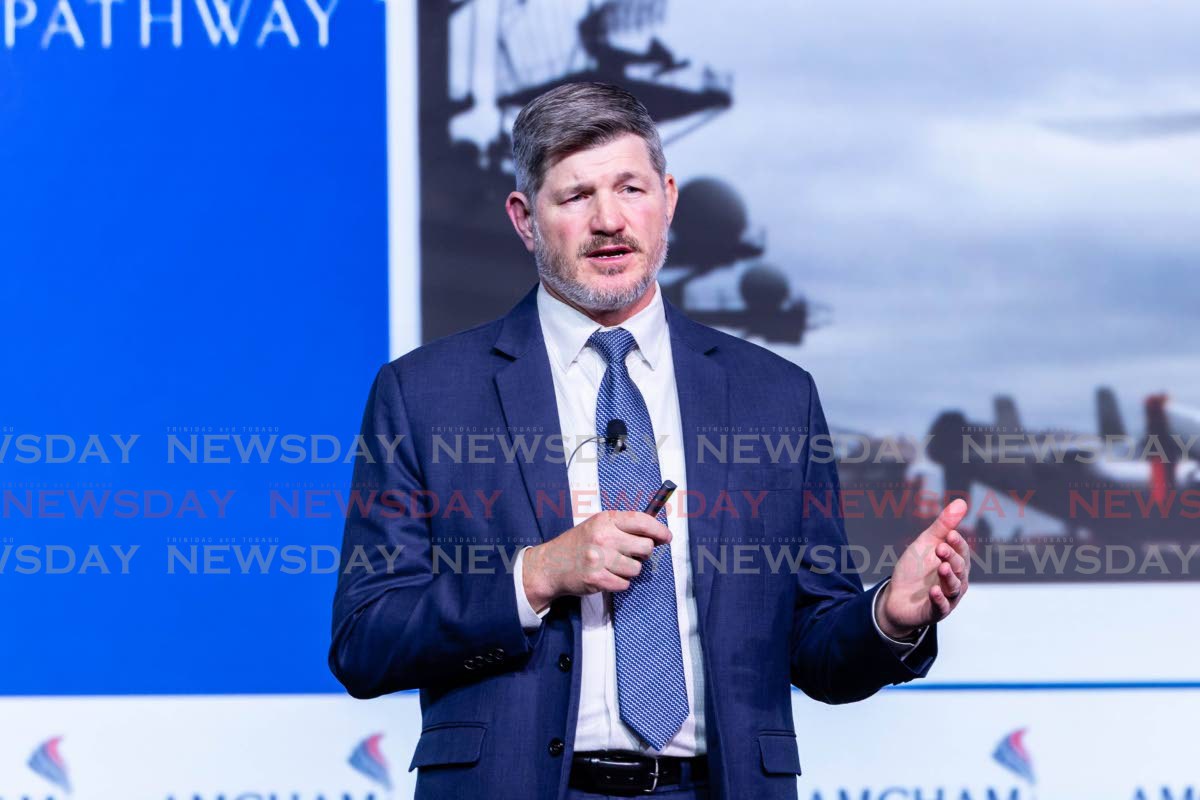
The Top Gun mindset: Leading through chaos with discipline, adaptability
At the American Chamber of Commerce of Trinidad and Tobago’s (AmCham TT) Health, Safety, Security, and Environment (HSSE) Conference, retired US naval aviator Dan Baxter delivered a compelling keynote on adaptive leadership and business resilience. Drawing from his experience during the 2011 Japan earthquake and tsunami, Baxter emphasized the importance of operational discipline, trust, and adaptive capacity in high-stakes environments.
-
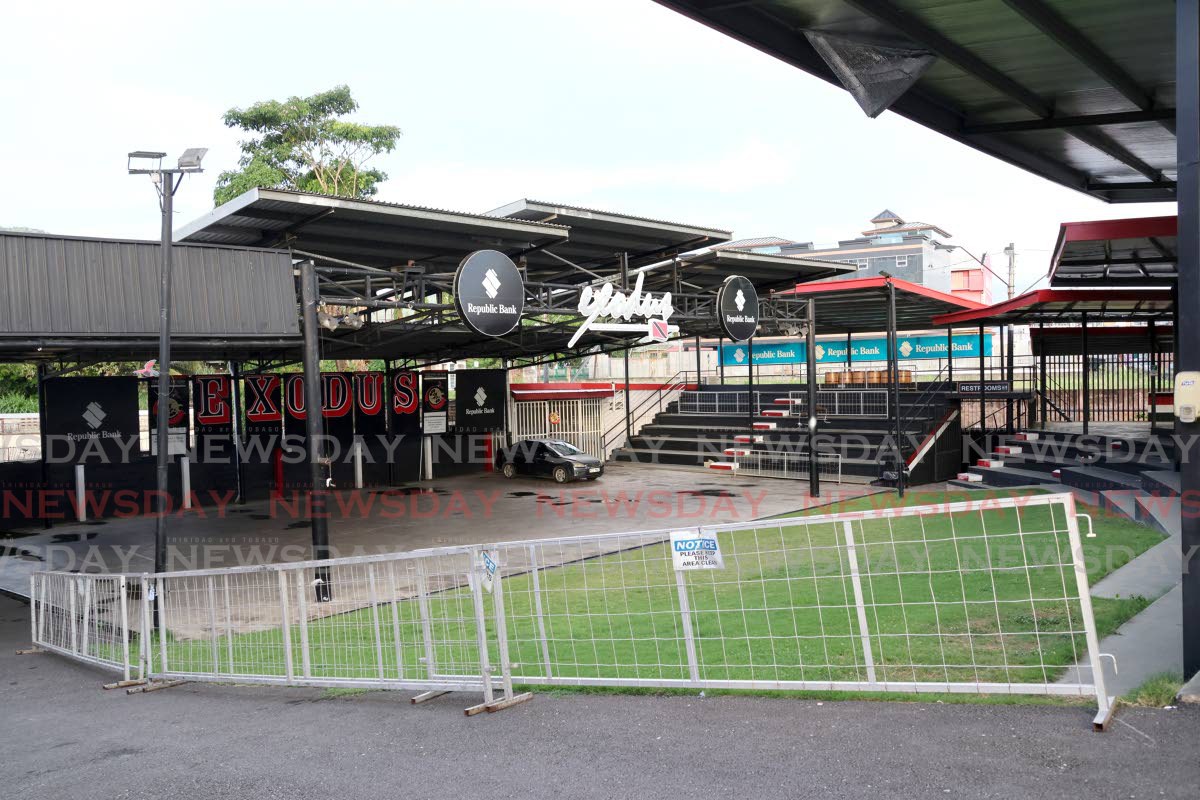
The creative economy as national strategy
In the first installment of this series on October 23, the creative sector’s extensive submissions were contrasted with the minimal attention it received in Parliament. The initial article laid the groundwork for a multi-billion-dollar creative industries sector. This concluding piece outlines the essential projects and interventions for the 2025/26 budget to fully unleash Trinidad and Tobago’s creative economy potential.
**1. Regularising Panyards: Unlocking Hidden Wealth**
One of the most transformative proposals is the regularisation of land tenure for panyards. Currently, 65-75% of panyards are on state lands. Legalising their tenure would cost the state virtually nothing but could transfer hundreds of millions in real estate wealth to grassroots creatives and working-class communities. A cabinet note already exists, outlining management training programmes and the creation of a trust company to guide this historic process.**2. Heritage: The Sleeping Giant**
Trinidad and Tobago’s heritage sector remains an untapped source of foreign exchange, capable of earning $2 billion annually if developed to international standards. With the Prime Minister now overseeing heritage, there is a critical opportunity for partnership in modernising and monetising this field. The 2025/26 budget should prioritise listing at least 50 new heritage sites under the National Trust and launching 12 flagship, income-generating destinations.**3. East Port of Spain (PoS): From Crime to Creativity**
The East PoS Growth Pole and Heritage City project, championed by the East PoS Council of Community Organisations, must be implemented. This initiative is not just about community rehabilitation; it’s a model for crime reduction through creative entrepreneurship. Projects include the Observatory Street heritage and artisan guild district, a Carnival factory, and the international museum of TT Music at George and Nelson streets.**4. Preserving National Collections**
Trinidad and Tobago urgently needs a heritage warehouse to safeguard endangered national artefacts. Such a facility would allow proper curation and conservation while generating tourism income. With over 300,000 potential visitors annually, it could earn up to $60 million each year. Without this intervention, priceless heritage material valued at over $1 billion will deteriorate within the next five years.**5. Music and the Return of Caribbean Sound Basin**
The reopening of the legendary Caribbean Sound Basin in Maraval could once again position Trinidad and Tobago at the heart of the global music industry. Once ranked among the world’s top studios, it launched the Kiskadee Karavan and can catalyse a new era of local music production and export. Alternatively, the proposed national studio hub, developed in partnership with Grammy-winning TT engineer Dexter Simmons, would create a modern ecosystem for recording, training, and networking with global markets.**6. Protecting and Monetising Intellectual Property**
A comprehensive campaign is needed to copyright and trademark local creative works, books, music, films, games, and more, so that they can be licensed and monetised internationally. Establishing a national licensing company dedicated to managing and marketing TT’s intellectual property globally would connect local creators with major licensing firms and open new revenue streams for generations of artists.**7. Reintroducing Tech-Voc and Arts Magnet Schools**
The government must reintroduce tech-vocational training in secondary schools and establish magnet schools for the arts, technical skills, and computer science. These institutions should be professionally managed and feature immersive creative curricula. Tech-voc education is a proven driver of sustainable employment and youth rehabilitation, while also providing critical skills to support the manufacturing, petrochemical, and repair sectors.**8. A Bold Cultural Pivot: The Prime Minister’s Residence as a National Gallery**
The boldest proposal is to transform the Prime Minister’s official residence and diplomatic centre into a new national art gallery. This move could place Trinidad and Tobago on the global cultural map, attracting international artists, collectors, and investors. It would symbolise a radical redefinition of leadership and national priorities, positioning culture at the centre of development.The time has come for a more sophisticated approach to industrial development, one that recognises the creative industries as serious economic drivers. The projects proposed for the 2025/26 budget are strategic investments in foreign exchange generation, employment, and global positioning. At this moment of global socio-economic instability, Trinidad and Tobago must innovate to empower its citizens, diversify its economy, and expand its presence on the world stage. The creative sector stands ready to lead that charge, if only the nation’s leadership will give it the space, structure, and vision to do so.
-
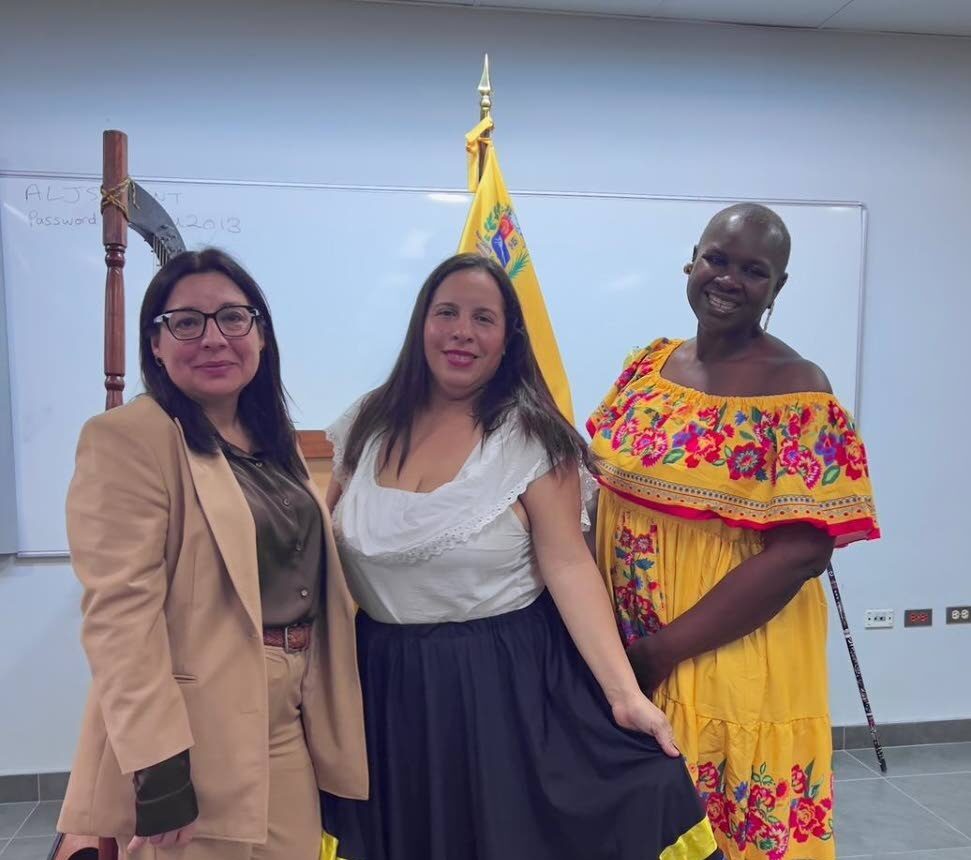
Trinitica International hosts Vista Latina
In a dazzling celebration of Latin American culture, Trinitica International orchestrated Vista Latina 2025 at the Arthur Lok Jack Global School of Business. This annual event, dedicated to cultural diplomacy, brought together high school students, educators, and diplomats for an immersive experience that highlighted the vibrant traditions, music, and art of Latin America. The event featured dynamic Latin dance performances, interactive presentations, and embassy showcases, offering students a unique opportunity to explore the rich heritage of Mexico, Venezuela, Cuba, the Dominican Republic, and Panama. Diplomatic representatives from these nations, including Julio Cabada and Leydis Bernal from Cuba, Indra Peralta and Gary Tomlinson from Panama, and Eduardo León from the Dominican Republic, actively participated, emphasizing the importance of cultural education and diplomatic engagement. Aleah Guitan, Director of Trinitica International, remarked, ‘Vista Latina is more than a cultural event; it is a bridge connecting students to the richness of Latin America, fostering curiosity, empathy, and a lifelong appreciation for global culture.’ The event left a profound impact on attendees, inspiring them to become informed, globally aware citizens. Trinitica International continues to champion cross-cultural understanding and collaboration across the Caribbean and Latin America through its innovative initiatives.
-
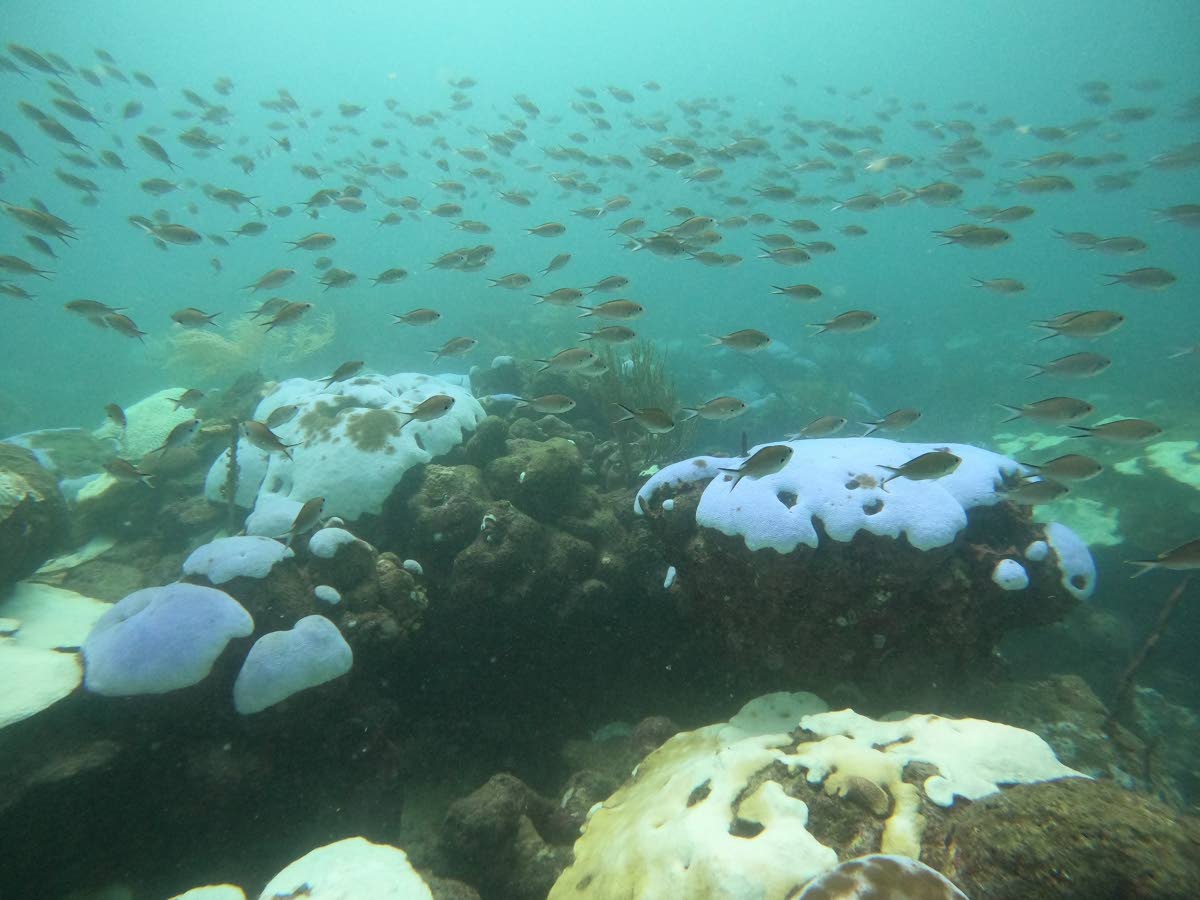
On track to climate disaster
As the world gathers for COP30 in Brazil, Dr. Anjani Ganase highlights the escalating climate crisis, with global temperatures nearing the critical 1.5°C threshold set by the Paris Agreement. Trinidad and Tobago, as a small island nation, must play its part in mitigating these impacts. Currently, the planet has already warmed by 1.4°C above pre-industrial levels, with severe consequences for marine ecosystems. Coral reefs, which support over 25% of marine biodiversity, are particularly vulnerable, with a tipping point reached at 1.2°C. This has led to widespread coral bleaching, threatening fish stocks, food security, and coastal protection. The Global Tipping Points Report 2025, released by the University of Exeter and the Stockholm Resilience Centre, warns that without urgent action to limit temperature rise to 1.5°C, coral reefs may transition to algae-dominated systems, with only a few hope spots remaining. Polar ice sheets are also at risk, with the Western Antarctic Peninsula expected to experience significant ice loss, impacting polar marine life and accelerating sea level rise. These cumulative effects increase the vulnerability of small island nations, particularly in the Pacific, which face the risk of becoming uninhabitable. The report also highlights the potential collapse of the Atlantic Meridional Overturning Circulation (AMOC), which could lead to severe droughts in the Amazon and Caribbean, and harsher winters in Europe. For Trinidad and Tobago, the combined impacts of climate change on marine ecosystems and coastal areas will be costly. Despite international funding, there has been little progress in marine management over the past 40 years. The country’s new climate change policy aims to reduce carbon emissions and build resilience, but effective implementation of legislation and marine protections is urgently needed. The report also identifies positive tipping points, with some countries shifting away from fossil fuels towards renewable energy. At COP30, Trinidad and Tobago must advocate for adherence to the Paris Agreement and take concrete actions domestically to address the climate crisis.
-

Dow Village Government sweep Caroni District Football tournament
Dow Village Government Primary School has once again demonstrated its supremacy in district football by securing a clean sweep at the Caroni District Football tournament on November 7. The school’s Under-15 boys’ team clinched the championship with a commanding 5-1 victory over Enterprise Government Primary School in the finals. This triumph adds to their earlier successes, as they had already claimed the Under-12 boys’ and Under-15 girls’ titles just a week prior. This remarkable achievement marks the second time in three years that Dow Village has swept the tournament, a feat first accomplished in 2023. Leading the charge was Elijah Austin, the tournament’s standout player and prolific striker, who scored over 20 goals throughout the competition. His exceptional performance was pivotal in securing the school’s triple crown. Coach Edna St Louis, owner of the Golden Tigers Football Club, has been a key figure in the school’s continued success since joining the coaching team in 2024. She was supported by Kim Jordan (teacher), and parents Akeem Billy and Crystal Nicholas. Under their guidance, Dow Village also captured the 2024 Under-12 boys’ title against Chaguanas RC School. Principal Gopaul Rajcoomar expressed immense pride in his students’ achievements, praising their teamwork, discipline, and dedication. He highlighted that the school’s consistent performance is a testament to the strong partnership between teachers, coaches, and parents. With this victory, Dow Village Government Primary School has firmly established itself as a powerhouse in Caroni District school football.
-
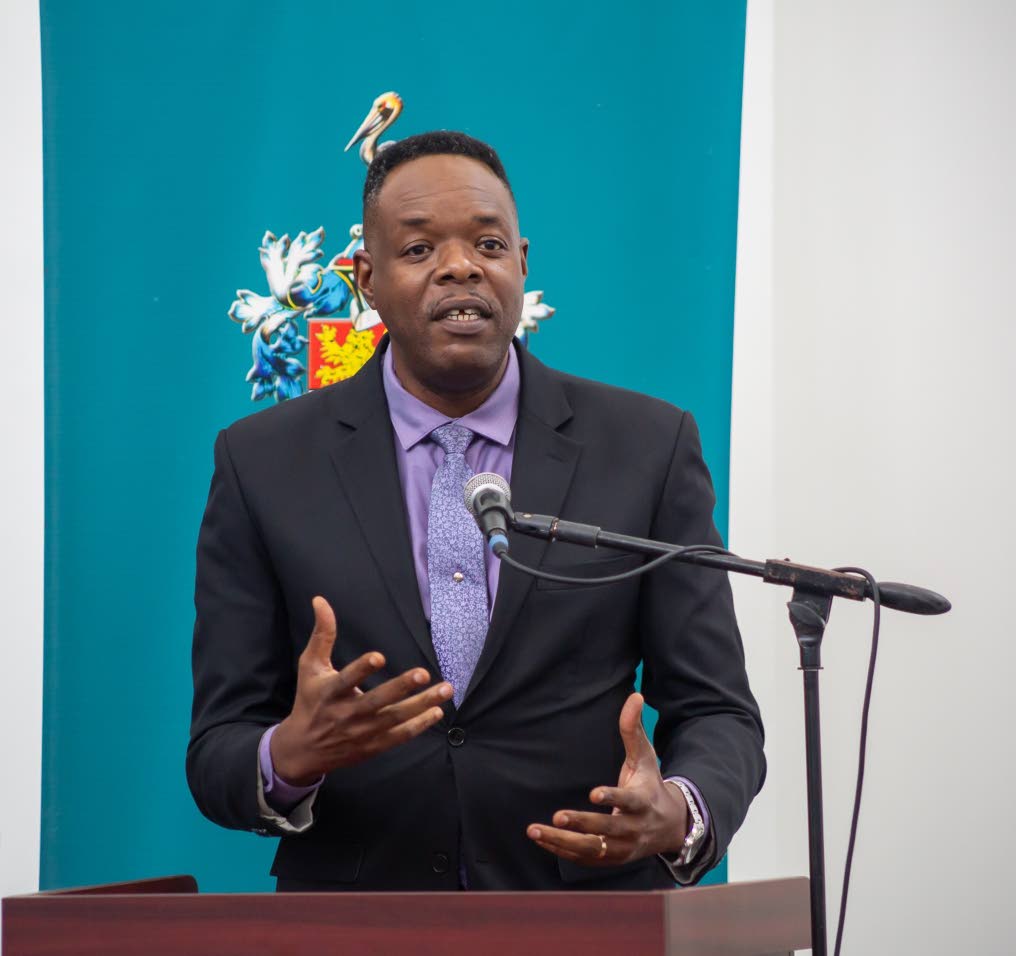
CXC crafting relief plan for candidates
In the wake of the devastating impact of Hurricane Melissa, the Caribbean Examinations Council (CXC) and Jamaica’s Ministry of Education are joining forces to develop a comprehensive relief plan for students scheduled to take examinations in January and May-June 2026. The Category 5 hurricane, which struck Jamaica on October 28 with winds reaching 185 miles per hour, caused widespread destruction, severely damaging over 600 educational institutions and displacing thousands of students. While classes have resumed in more than 600 schools, many students in the southwestern region face prolonged delays in returning to their studies. Dr. Wayne Wesley, Registrar and CEO of CXC, expressed deep empathy for the nation and highlighted the council’s collaboration with the Ministry of Education, Skills, Youth, and Information (MOEYSI) to address the concerns of candidates preparing for the Caribbean Advanced Proficiency Examination (CAPE), Caribbean Secondary Education Certificate (CSEC), and Caribbean Certificate of Secondary Level Competence exams. Once finalized, the relief plan will be widely publicized to ensure students receive the necessary support. Education Minister Dr. Dana Morris Dixon emphasized the ministry’s commitment to prioritizing exam-bound students during the phased reopening of schools. Hurricane Melissa, the most extreme storm in Jamaica’s history, caused catastrophic flooding and infrastructure damage, particularly in St. Elizabeth and Westmoreland, leaving a lasting impact on the island’s education system.
-

Yorke readies troops for do or die W/Cup qualifier vs Jamaica
The Trinidad and Tobago (TT) men’s football team is gearing up for a pivotal FIFA 2026 World Cup qualifier against Jamaica at the Hasely Crawford Stadium in Mucurapo on November 13. With TT currently third in Group B of the Concacaf final round with five points, a victory over group leaders Jamaica (nine points) is essential to keep their qualifying hopes alive. Curacao, sitting second with eight points, also poses a threat as they face Bermuda in a simultaneous match. Only the group winners will secure automatic qualification, with the two best second-placed teams advancing to the intercontinental playoff. TT’s head coach, Dwight Yorke, emphasized the must-win nature of the game, stating, ‘We’re fighting for our lives to keep our dreams alive.’ Yorke acknowledged Jamaica’s strength but expressed confidence in his team’s ability to rise to the occasion. The previous encounter in September saw Jamaica secure a 2-0 victory, but Yorke remains optimistic about TT’s improved performance. Meanwhile, Jamaica’s coach, Steve McClaren, highlighted the significance of qualifying for the World Cup as a way to bring joy to a nation recovering from Hurricane Melissa. Both teams are under immense pressure as they vie for a spot in the prestigious tournament.
-
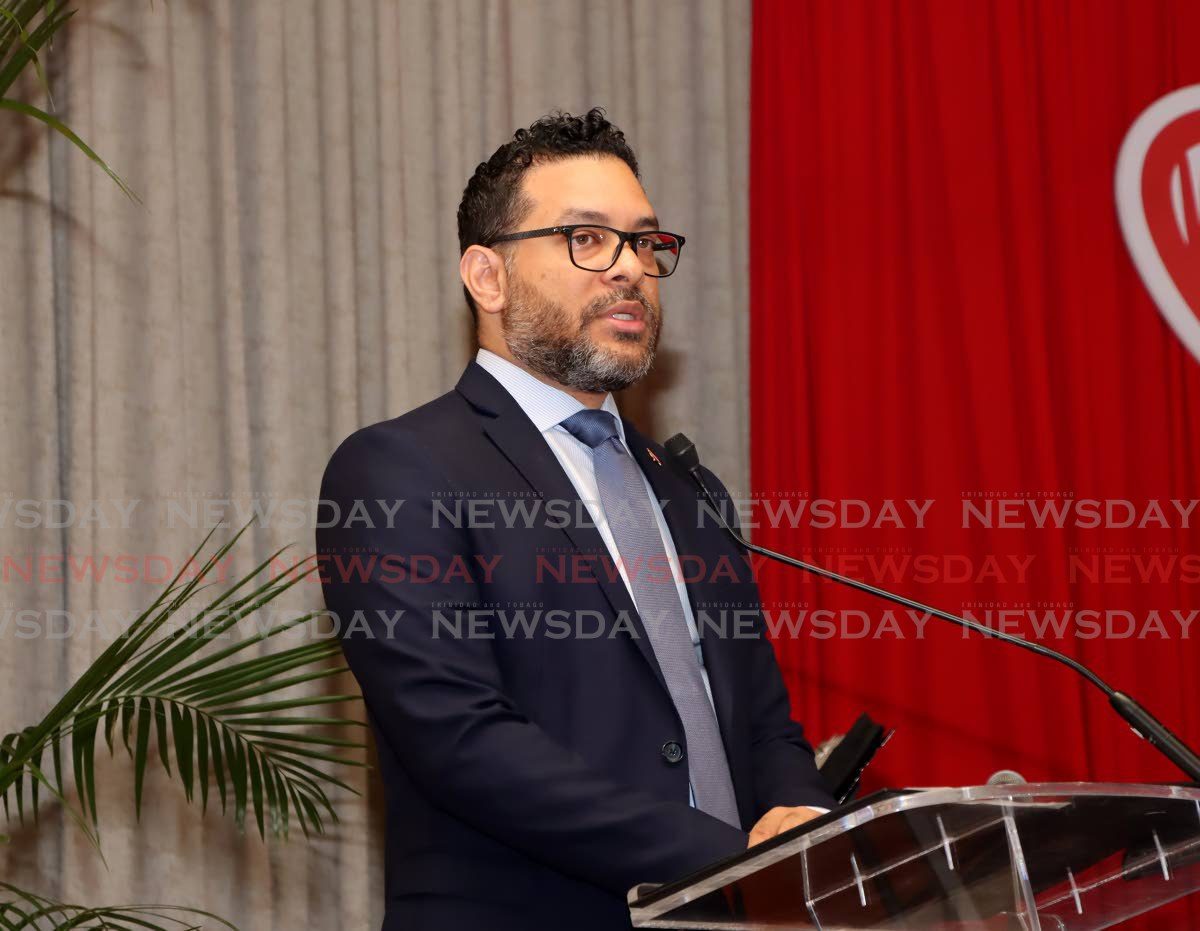
Mitchell slams fete ban at cricket academy, Hasely Crawford stadium
Former Minister of Tourism, Culture, and the Arts, Randall Mitchell, has voiced strong opposition to the Urban Development Corporation’s (Udecott) decision to prohibit fetes and cultural events at facilities under its management, including the Brian Lara Cricket Academy and Hasely Crawford Stadium. Mitchell emphasized that Trinidad and Tobago’s cultural expression should not be dismissed as mere ‘noise,’ a term he believes undermines the nation’s rich cultural heritage. He argued that the cultural economy, driven by creatives and event organizers, plays a vital role in the country’s economic and social fabric. While acknowledging the issue of noise pollution, Mitchell asserted that outright bans are not the solution. Instead, he called for a balanced approach, leveraging existing frameworks like the Environmental Management Authority (EMA) and noise pollution regulations to address concerns without stifling cultural activities. Mitchell highlighted the economic impact of events, which employ hundreds of individuals, from sound engineers to artists, and contribute significantly to tourism and creativity. He urged for stricter enforcement of decibel limits and event hours rather than blanket prohibitions. Mitchell also expressed hope that Prime Minister’s policies would support the cultural economy equitably, without favoring one demographic over another.
